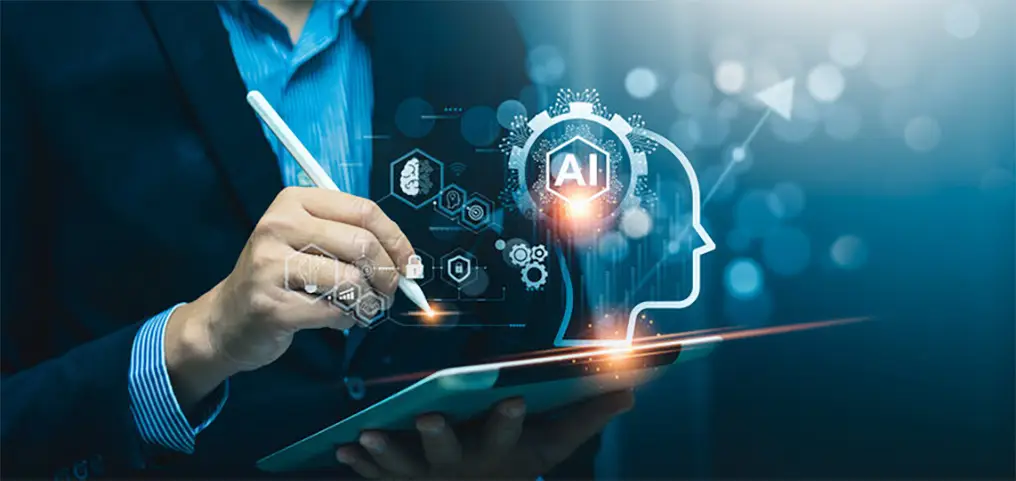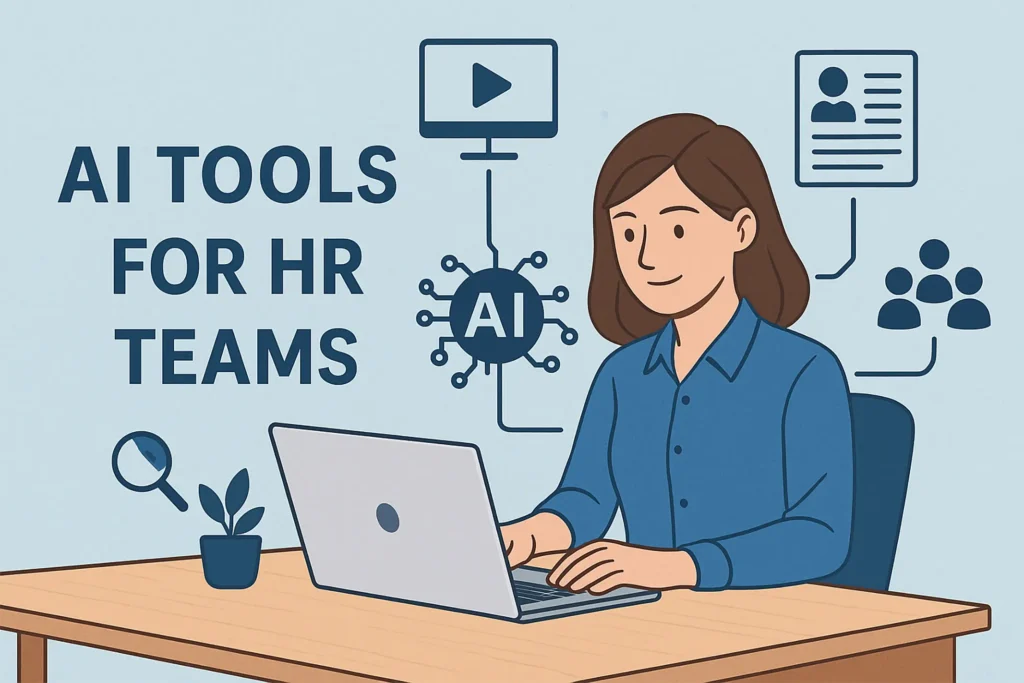The human resources landscape is undergoing a profound transformation, driven by rapid advancements in artificial intelligence. From automating repetitive administrative tasks to enhancing talent acquisition, onboarding, and employee engagement, AI tools are empowering HR teams to focus on strategic decision-making rather than being overwhelmed by operational tasks.
Below, we provide a detailed analysis of the top 10 AI tools for HR teams in 2025 that streamline workflows, improve productivity, and deliver unmatched employee experiences.
1. Recruitee – Smart Recruitment Platform
Recruitee leverages AI to simplify the hiring process through intelligent automation. With its predictive analytics and collaborative hiring interface, HR teams can reduce time-to-hire and improve candidate quality.
Key Features:
- AI-powered job posting and distribution
- Customisable career site builder
- Real-time team collaboration and evaluations
- Candidate pipeline automation
Why It Matters:
Recruitee ensures that recruiters spend more time with top candidates and less time on manual tasks.
2. Eightfold.ai – Talent Intelligence for Growth
Eightfold.ai is a powerful talent intelligence platform that uses deep learning to help companies hire, retain, and grow a future-ready workforce.
Key Features:
- AI-driven talent acquisition and management
- Career pathing and employee development
- Diversity and inclusion analytics
- Predictive workforce planning
Why It Matters:
It enables HR teams to make data-driven decisions, reduce bias in hiring, and foster internal mobility.
3. Paradox – AI Chatbot for Recruitment
Paradox’s Olivia is a conversational AI assistant that handles initial candidate screening, interview scheduling, and answering FAQs.
Key Features:
- 24/7 candidate engagement
- Seamless integration with ATS platforms
- Mobile-first experience
- Multilingual capabilities
Why It Matters:
Paradox reduces the administrative burden on recruiters while improving candidate experience at scale.
4. Lattice – AI-Enhanced Performance Management
Lattice helps HR teams build a performance-driven culture through continuous feedback, goal tracking, and AI-powered performance analytics.
Key Features:
- 1-on-1 meeting tracking
- Custom review cycles
- Engagement surveys and analytics
- OKR and goal-setting framework
Why It Matters:
With data-backed insights, HR leaders can effectively manage employee performance and align objectives across departments.
5. SeekOut – AI Candidate Sourcing
SeekOut uses machine learning and natural language processing to discover diverse, qualified candidates across multiple databases.
Key Features:
- AI talent search from public profiles, GitHub, patents, and more
- Diversity filters for inclusive hiring
- Talent analytics dashboard
- CRM for passive candidate engagement
Why It Matters:
SeekOut goes beyond traditional sourcing, helping HR teams find hidden talent and increase pipeline diversity.
6. Leena AI – Virtual HR Assistant
Leena AI automates routine HR tasks such as answering employee queries, managing HR documents, and onboarding.
Key Features:
- AI-powered HR helpdesk
- Document management automation
- Employee surveys and feedback analysis
- Integrated with major HCM platforms
Why It Matters:
By acting as a 24/7 virtual assistant, Leena AI reduces dependency on HR staff for repetitive tasks.
7. HireVue – Video Interview Intelligence
HireVue enhances the recruitment process with AI-powered video interviews, gamified assessments, and candidate scoring.
Key Features:
- Structured interviews with real-time analytics
- AI-based candidate ranking
- Predictive hiring assessments
- Bias-mitigation tools
Why It Matters:
It saves recruiters hours of manual screening while improving the quality of hires through structured evaluations.
8. Talmundo – Automated Onboarding Experience
Talmundo enables companies to create interactive onboarding journeys that reduce new-hire anxiety and boost engagement.
Key Features:
- Preboarding experiences
- Mobile-friendly onboarding portal
- AI-powered feedback collection
- Personalised learning paths
Why It Matters:
A strong onboarding process supported by AI ensures faster integration and improved employee retention.
9. Pymetrics – Neuroscience Meets AI for Hiring
Pymetrics uses neuroscience-based assessments and AI algorithms to match candidates to roles based on cognitive and emotional traits.
Key Features:
- Bias-free talent matching
- Gamified soft skills assessments
- Customisable algorithms
- Insights for workforce development
Why It Matters:
Pymetrics helps reduce unconscious bias while ensuring better job fit and employee satisfaction.
10. Humu – Behavioural Change Engine
Founded by former Google CHRO Laszlo Bock, Humu uses nudges and behavioural science to drive positive employee actions and cultural change.
Key Features:
- Personalised employee nudges
- Feedback loop integration
- AI-driven recommendations
- Real-time engagement tracking
Why It Matters:
Humu empowers HR leaders to transform organisational culture with measurable behavioural interventions.
How AI Tools Are Redefining HR in 2025
AI is no longer a buzzword—it’s a strategic HR imperative. The best AI tools:
- Accelerate recruitment pipelines
- Enhance employee lifecycle management
- Improve retention and morale
- Drive data-backed decisions
- Scale HR operations efficiently
Choosing the Right AI Tool for Your HR Team
When selecting the best AI tool, HR professionals should assess:
- Integration capabilities with current HRIS/ATS platforms
- Ease of use and team training requirements
- Security compliance and data privacy
- Vendor support and scalability for future needs
Tip: Start small—pilot one AI tool in a single HR function before expanding organisation-wide.
The Future of AI in HR: Trends to Watch
As AI continues to evolve, we expect to see:

- Hyper-personalised employee experiences
- Real-time skills gap analysis
- Predictive retention modelling
- Ethical AI compliance frameworks
- AI-powered learning & development platforms
HR teams that embrace these trends early will enjoy a competitive talent advantage and more agile organisational structures.
Conclusion:-
The shift towards AI-driven HR is not optional—it’s inevitable. By implementing the right tools, your HR team can unlock operational efficiency, empower better decision-making, and deliver exceptional employee experiences. The tools listed above represent the most advanced, scalable, and impactful AI solutions for HR teams in 2025.

